Source: Energeticcity.ca
by Manavpreet Singh December 19, 2022 Updated December 20, 2022
DOIG RIVER, B.C. — According to a Doig River First Nation Elder, many Dane-zaa traditions, such as seasonal hunting, have been lost or extinct due to modern technology.
Former chief and councillor of Doig River Gerry Attachie said Dane-zaa, also known as Dunne-za, were primarily hunters, travelling seasonally to hunt, gather and socialize with their groups. Through time, seasonal hunting has lost its real meaning, which Elders, through their lived experience, would draw upon to revive the lost traditions.
To survive, the Dane-zaa people maintained a seasonal cycle based on the availability of different resources.
In his article Changes of Mind: Dunne-za Resistance to Empire, University of British Columbia-based anthropologist Robin Ridington described the seasonal hunting cycle of the Dane-zaa. In the fall, deer and moose were the primary targets. In the winter, the focus remained on hunting foxes and lynxes. Trapping animals for their fur, which would be used for trade in the spring, was also a focus during the winter.
Seasonal hunting was a means of survival but in harmony with nature. For Attachie, respecting nature was the essential learning experience from their seasonal hunting adventures.
Hunting practices gave them physical strength to cope with different challenges, but it also was a proper mental exercise.
Read the rest of the story here.


